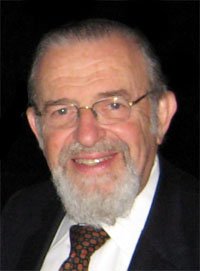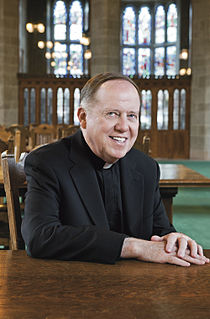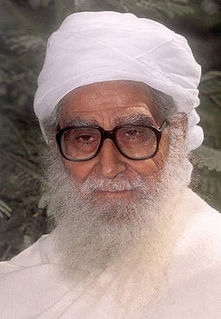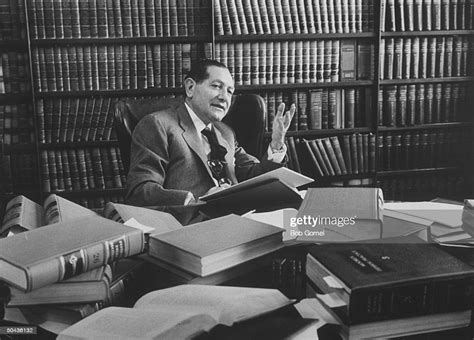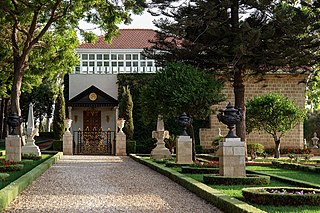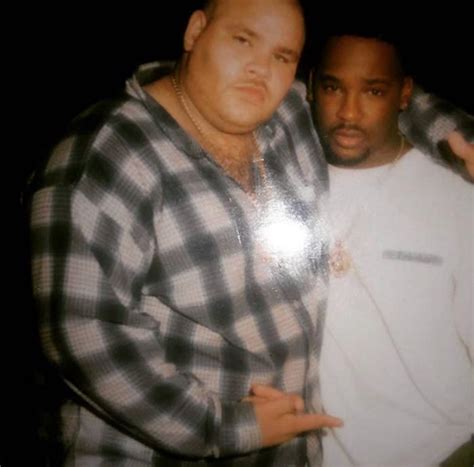A Quote by Norman Lamm
This principle of unity of the whole along with respect for individual differences is symbolized in the Mishkan, the Tabernacle.
Quote Topics
Related Quotes
There's a stronger and more kind of controversial element of Plotinus' view of matter, which is that he actually identifies it with evil, or at least the principle of evil, and the reason for this is that he thinks that the the One, the highest principle, can also be thought of as the Good, and that's kind of surprising like, because he has this negative theology which doesn't allow us to say anything about the One. But he believes that it can be seen as the principle of goodness as well as unity, and that if you think about it, goodness and unity sort of go along with each other.
Valuing differences is what really drives synergy. Do you truly value the mental, emotional, and psychological differences among people? Or do you wish everyone would just agree with you so you could all get along? Many people mistake uniformity for unity; sameness for oneness. One word--boring! Differences should be seen as strengths, not weaknesses. They add zest to life.
We do not seek the unanimity that comes to those who water down all issues to the lowest common denominator - or to those who conceal their differences behind fixed smiles - or to those who measure unity by standards of popularity and affection, instead of trust and respect. We are allies. This is a partnership, not an empire. We are bound to have differences and disappointments - and we are equally bound to bring them out into the open, to settle them where they can be settled, and to respect each other's views when they cannot be settled.
Many people with different backgrounds, cultures, languages, and creeds combine to make a nation. But that nation is greater than the sum total of the individual skills and talents of its people. Something more grows out of their unity than can be calculated by adding the assets of individual contributions. That intangible additional quantity is often due to the differences which make the texture of the nation rich. Therefore, we must never wipe out or deride the differences amongst us-for where there is no difference, there is only indifference.
Man always made, and still makes, grotesque blunders in selecting and measuring forces, taken at random from the heap, but he never made a mistake in the value he set on the whole, which he symbolized as unity and worshipped as God. To this day, his attitude towards it has never changed, though science can no longer give to force a name.
In order to survive, a plurality of true communities would require not egalitarianism and tolerance but knowledge, an understanding of the necessity of local differences, and respect. Respect, I think, always implies imagination - the ability to see one another, across our inevitable differences, as living souls.
